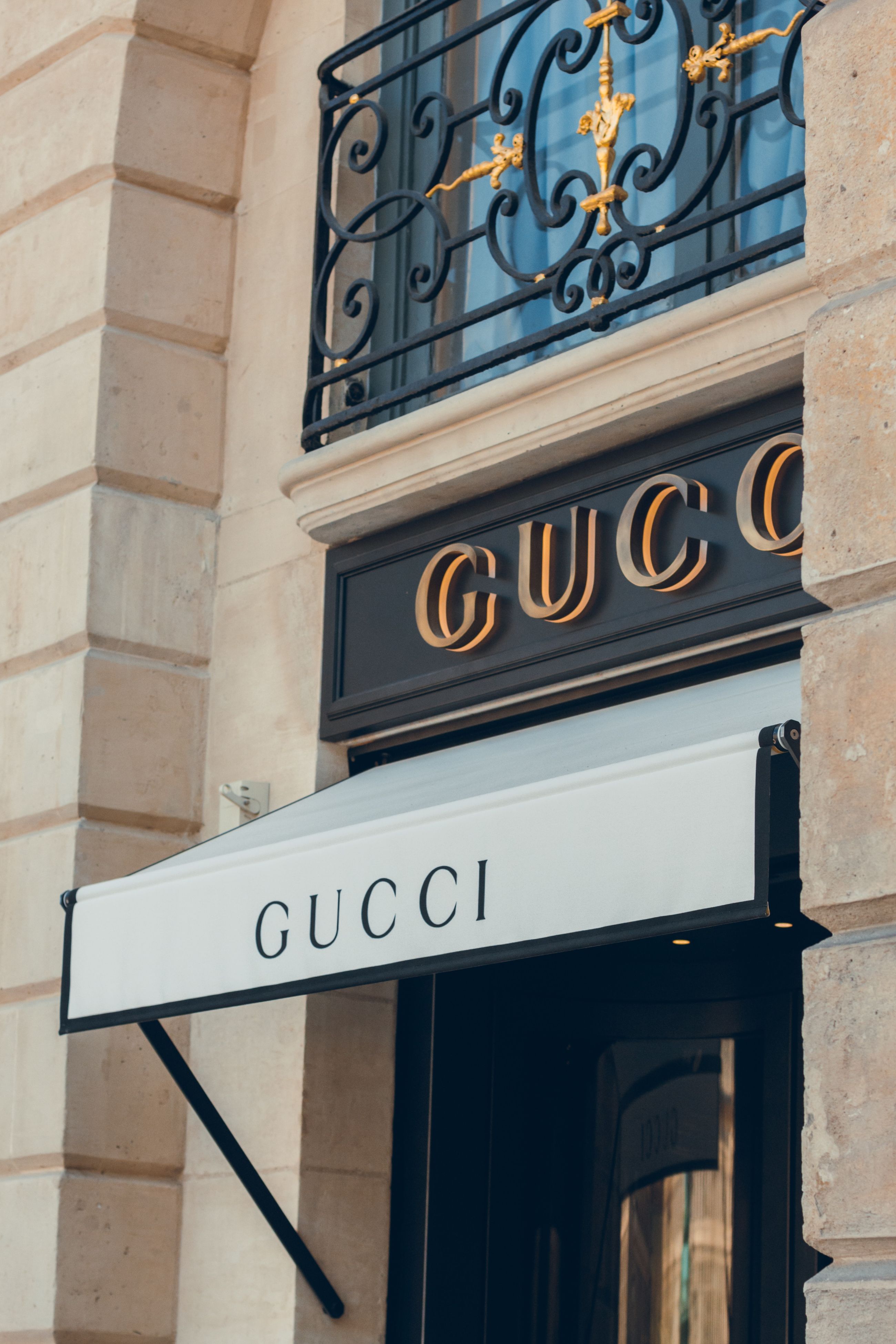Gucci, Chloé & Loewe Fined €157 Million for Anticompetitive Pricing Practices
Key Takeaways
- Three Luxury Brands Penalized: The European Commission fined Gucci, Chloé, and Loewe a combined €157 million ($170 million) for fixing resale prices across Europe.
- Resale Price Maintenance (RPM): The companies restricted retailers from setting independent prices and discounts, both online and in stores.
- Duration and Scope: Violations spanned from 2015 to 2023 across the entire European Economic Area (EEA).
- Fine Reductions for Cooperation: Gucci and Loewe received 50% reductions, while Chloé received 15%, after cooperating with investigators.
- Strong Enforcement Signal: The decision underscores the EU’s zero-tolerance stance on practices that limit consumer choice and inflate prices.
Deep Dive
The European Commission has fined high-end fashion houses Gucci, Chloé, and Loewe a total of more than €157 million for restricting independent retailers’ ability to set their own prices, an anticompetitive practice known as resale price maintenance (RPM). The Commission said the pricing restrictions, which ran for years across the European Economic Area (EEA), raised prices and reduced consumer choice in the luxury fashion market.
According to the Commission’s findings, the three brands imposed limits on retailers’ pricing freedom for nearly all their product ranges, from apparel and shoes to leather goods and accessories. Retailers were instructed not to deviate from recommended prices, to adhere to maximum discount rates, and to restrict sales to specific periods. In some cases, they were even prohibited from offering discounts altogether.
To enforce these policies, Gucci, Chloé, and Loewe monitored retailer pricing and intervened when deviations were found, leading most resellers to comply either voluntarily or under pressure. The Commission concluded that such practices deprived retailers of autonomy, stifled competition, and insulated the brands’ own direct sales channels from competitive pricing pressures.
Gucci’s violations extended from April 2015 to April 2023, while Loewe’s ran from December 2015 to April 2023 and Chloé’s from December 2019 to April 2023. The conduct ceased after unannounced inspections by the Commission in April 2023.
In addition to the RPM practices, Gucci was also found to have imposed online sales restrictions for a specific product line, instructing retailers to withdraw those products from digital platforms, a directive they followed.
The fines were calculated based on the severity, duration, and geographic reach of the violations, as well as the companies’ EEA sales during the infringement period. Gucci received the largest fine, €119.7 million, followed by Chloé (€19.7 million) and Loewe (€18 million). All three received reductions for cooperating with investigators: 50% for Gucci and Loewe, and 15% for Chloé.
Executive Vice-President Teresa Ribera said the ruling “sends a strong signal to the fashion industry and beyond” that price manipulation will not be tolerated.
“In Europe, all consumers, whatever they buy, and wherever they buy it, online or offline, deserve the benefits of genuine price competition,” Ribera said. “Fair competition and consumer protection apply to everyone, equally.”
The Commission noted that Gucci’s cooperation was particularly significant, as it revealed an infringement not previously known to authorities. Loewe’s collaboration also enabled regulators to extend the temporal scope of the investigation.
The decision concludes that each company acted independently, but their conduct overlapped in time and affected many of the same retailers across Europe’s luxury sector. The cases were deemed violations of Article 101 of the Treaty on the Functioning of the European Union (TFEU) and Article 53 of the EEA Agreement, which prohibit anticompetitive agreements that distort the Single Market.
The fines, paid into the EU budget, will indirectly reduce Member States’ contributions to the next fiscal year. Consumers or companies affected by the practices can also pursue damages through national courts, as the Commission’s findings serve as binding proof of illegality once final.
The GRC Report is your premier destination for the latest in governance, risk, and compliance news. As your reliable source for comprehensive coverage, we ensure you stay informed and ready to navigate the dynamic landscape of GRC. Beyond being a news source, the GRC Report represents a thriving community of professionals who, like you, are dedicated to GRC excellence. Explore our insightful articles and breaking news, and actively participate in the conversation to enhance your GRC journey.
Sponsored by






.svg)

.svg)